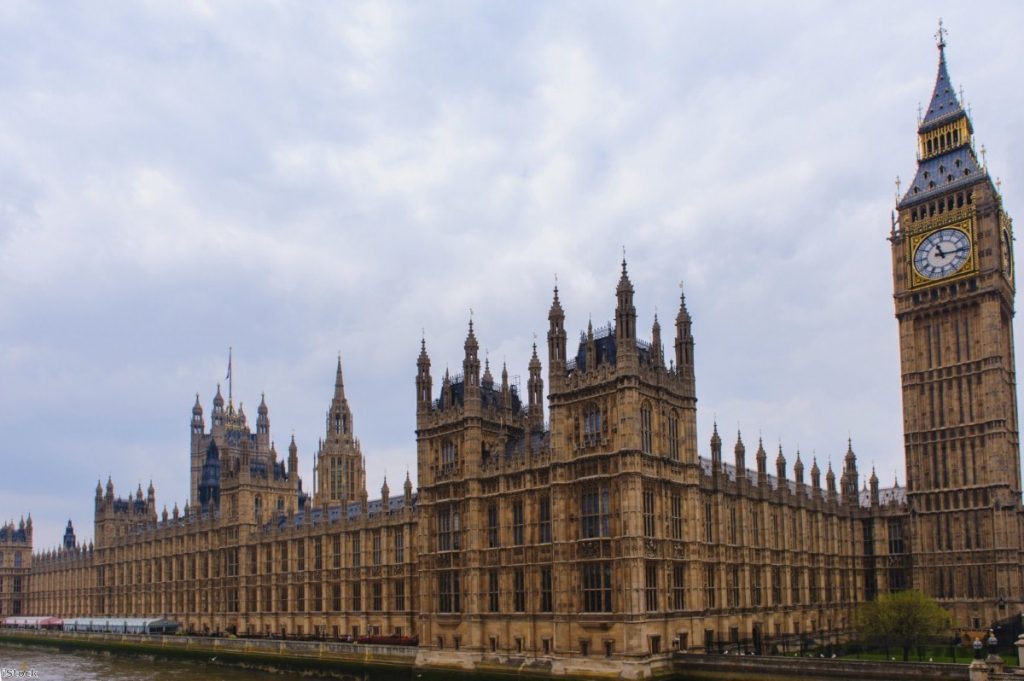By Nick Dearden
While all eyes are on the EU referendum, another big international deal is taking place that will show us what David Cameron really thinks about parliamentary democracy. Just one week after the referendum, the prime minister will have the opportunity to stop a toxic trade deal being imposed on Britain without parliamentary debate. Will he take it?
Moved from the week of the referendum, June's EU Council will see European governments come together to ratify the Canada-EU trade deal known as the Comprehensive Economic and Trade Agreement (CETA). Although final government approval is expected in September, the June meeting is the last chance for European governments to raise serious objections.
Those objections should be raised. CETA is dangerous. Like its sister agreement TTIP between the USA and the EU, CETA could give corporations the power to sue governments in special tribunals for actions which damage their profits. Like TTIP, CETA threatens to lock in lower standards. It has already helped the tar sands industry open up new markets for their polluting oil in Europe. And like TTIP, we believe CETA will encourage weaker regulation, making it harder to control the big banks and prevent another crash.


So what are European governments likely to say when they meet in late June? The good news is that the Romanian government, locked in a visa dispute with Canada, has already signaled there might be dissent, as has the parliament of Wallonia, which could prevent a full Belgian endorsement.
So far the British government has given nothing but it's fullest support to CETA. But buried deep in the 1,500 pages of text that make up CETA, are some clauses which threaten to seriously embarrass David Cameron during the referendum.
Councillors & mayors from 40 cities and towns across the EU agree to stand against #Ttip and #CETA #TTIPFreeZone pic.twitter.com/3kD14NNuWu
— Global Justice Now (@GlobalJusticeUK) April 21, 2016
The so-called 'provisional implementation' is a process which allows the European Commission to bring trade deals into effect before national parliaments have had the chance to debate – and reject – an international treaty. This means that the vast majority of CETA could be legally binding as early as next Spring, long before the British parliament has examined the deal. This includes the now infamous corporate court system.
In other words, a corporate case could be brought against the British government before Parliament has ratified CETA. Something similar has already happened to Russia. Russia was recently sued for $50 billion under a similar deal without the Russian congress having ratified it. Russia is now having assets seized in Europe as a way of implementing that judgement.
But it gets worse. A clause in CETA states that, even if a parliament does reject the deal at a later date, the corporate court will still be taking claims for another three years regardless. That would mean corporations suing the British government in corporate courts which have been explicitly rejected by MPs.
The difficulty for David Cameron is how to sneak this past an electorate in the middle of a debate about sovereignty. So here's a simple solution for him: in late June the prime minister should commit himself to blocking provisional implementation. This wouldn't stop CETA, but it would buy vital time for public debate of a trade deal which few have currently even heard of. And it would set an important precedent about democratic oversight of trade agreements, to which few people on the 'in' or 'out' side of the referendum could publicly object.
It isn't true that a break from the EU will necessarily stop undemocratic trade deals. But campaigners can use the next ten weeks to help expose the dangers of both the CETA and TTIP negotiations, and do something which helps democracy throughout Europe.
Nick Dearden is the director of Global Justice Now.
The opinions in politics.co.uk's Comment and Analysis section are those of the author and are no reflection of the views of the website or its owners.









